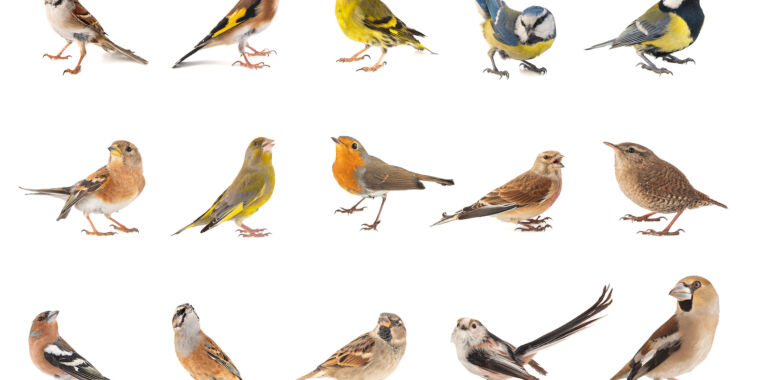 Just about anywhere you look, there are birds. Penguins live in Antarctica, ptarmigan in the Arctic Circle. Rüppell’s vultures soar higher than Mt. Everest. Emperor penguins dive deeper than 1,800 feet. There are birds on mountains, birds in cities, birds in deserts, birds in oceans, birds on farm fields, and birds in parking lots.
Just about anywhere you look, there are birds. Penguins live in Antarctica, ptarmigan in the Arctic Circle. Rüppell’s vultures soar higher than Mt. Everest. Emperor penguins dive deeper than 1,800 feet. There are birds on mountains, birds in cities, birds in deserts, birds in oceans, birds on farm fields, and birds in parking lots.
Given their ubiquity—and the enjoyment many people get from seeing and cataloging them—birds offer something that sets them apart from other creatures: an abundance of data. Birds are active year-round, they come in many shapes and colors, and they are relatively simple to identify and appealing to observe. Every year around the world, amateur birdwatchers record millions of sightings in databases that are available for analysis.
All that monitoring has revealed some sobering trends. Over the last 50 years, North America has lost a third of its birds, studies suggest, and most bird species are in decline. Because birds are indicators of environmental integrity and of how other, less scrutinized species are doing, data like these should be a call to action, says Peter Marra, a conservation biologist and dean of Georgetown University’s Earth Commons Institute. “If our birds are disappearing, then we’re cutting the legs off beneath us,” he says. “We’re destroying the environment that we depend on.”

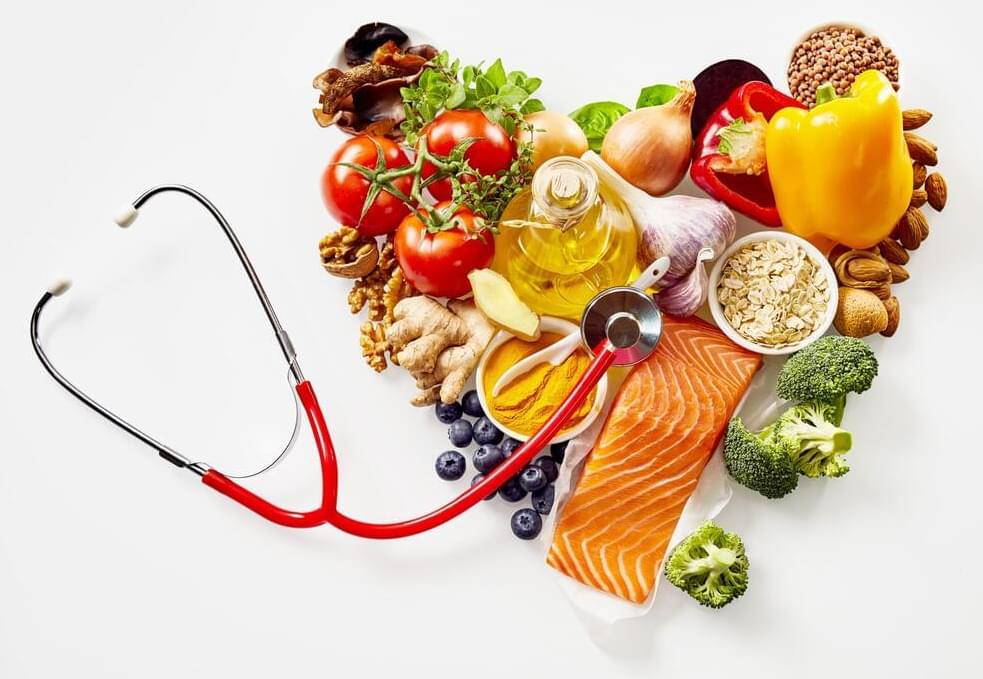
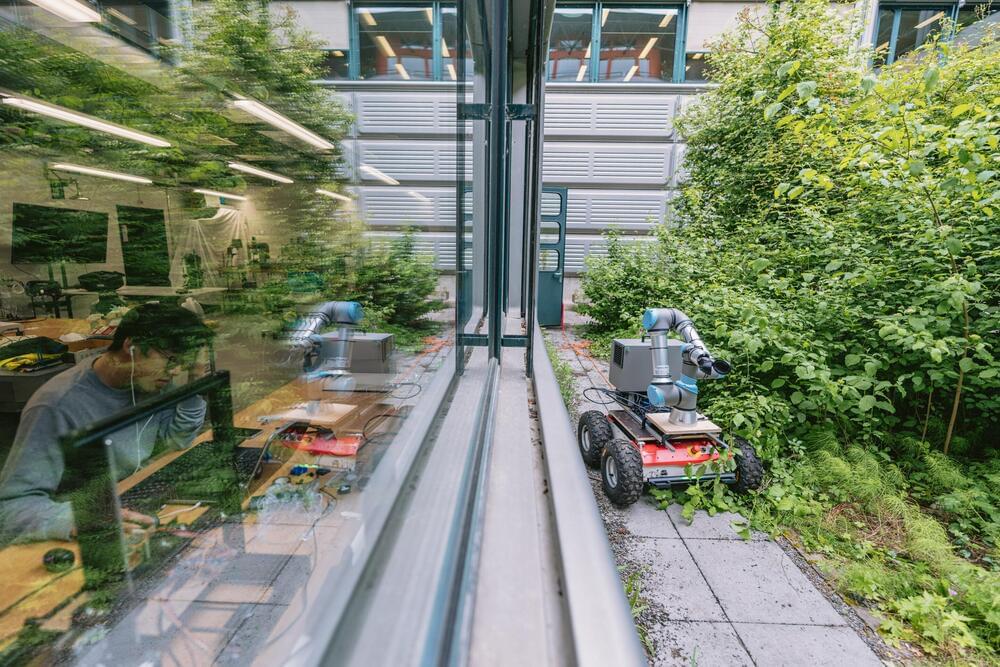
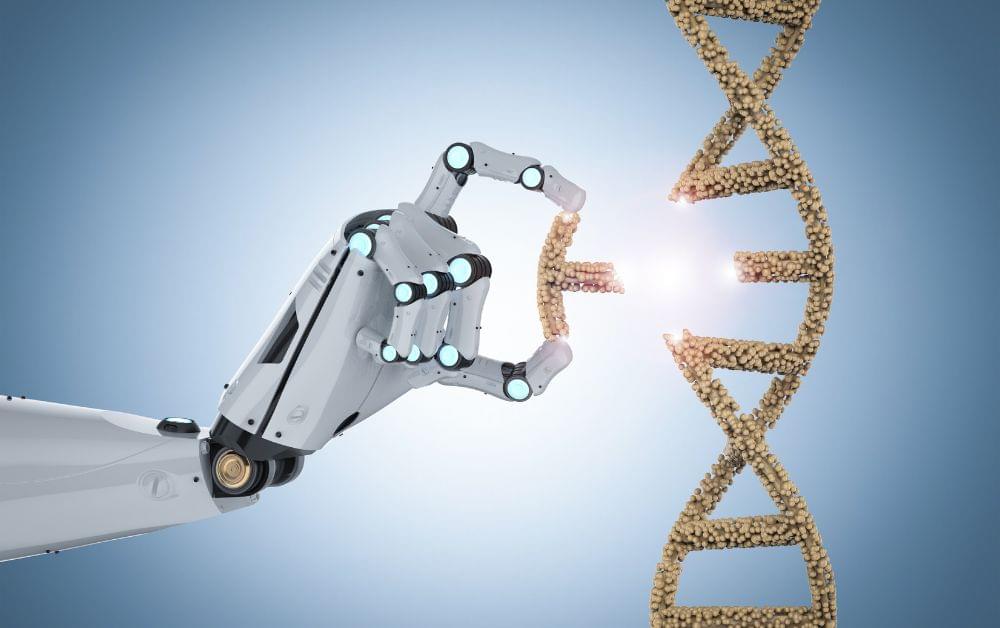
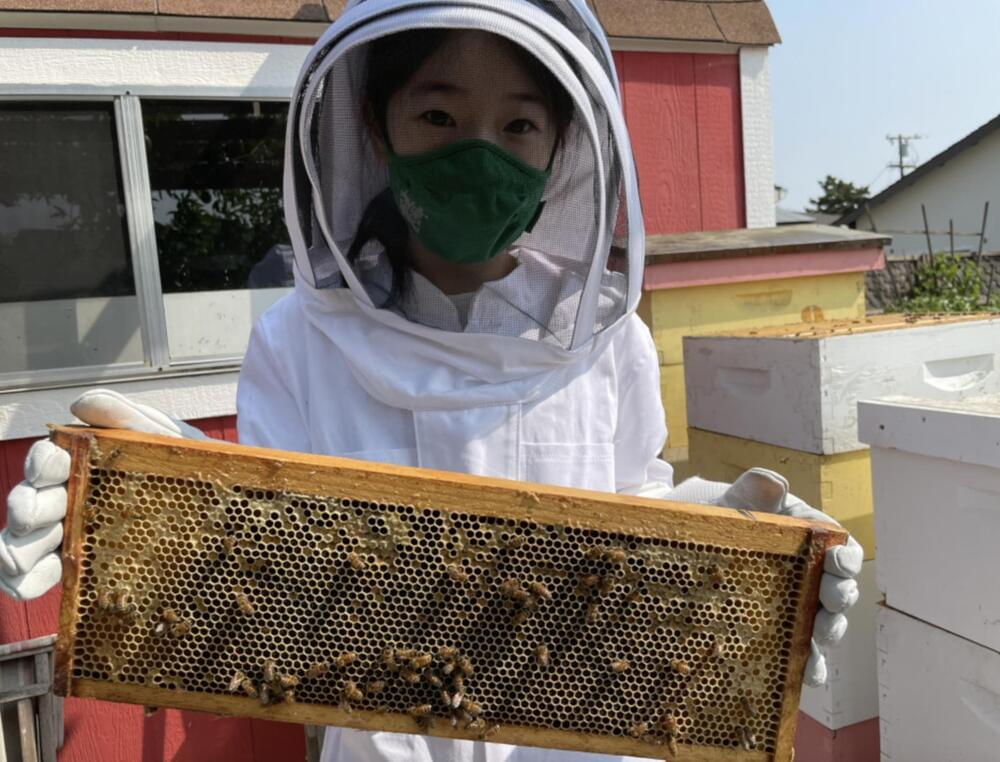
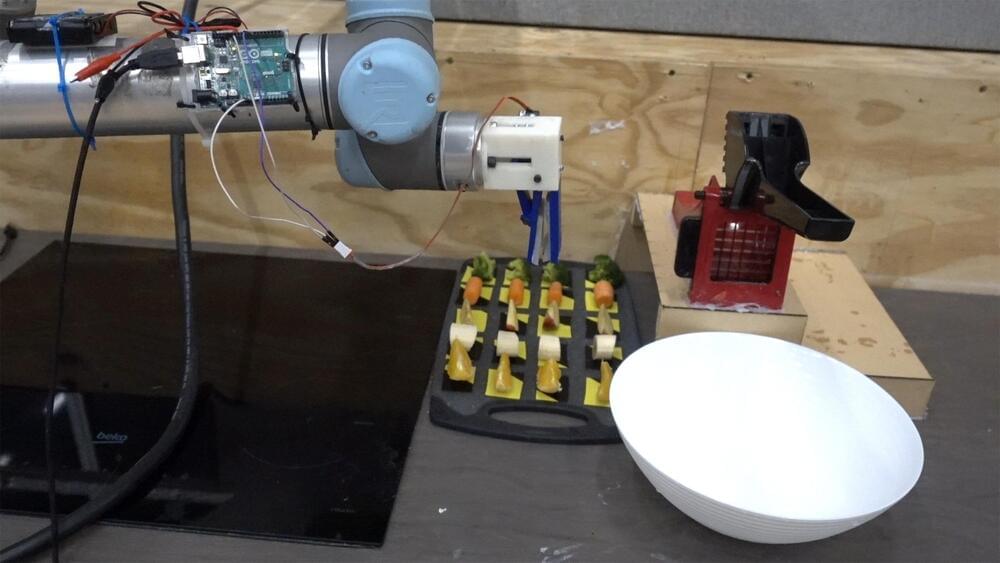

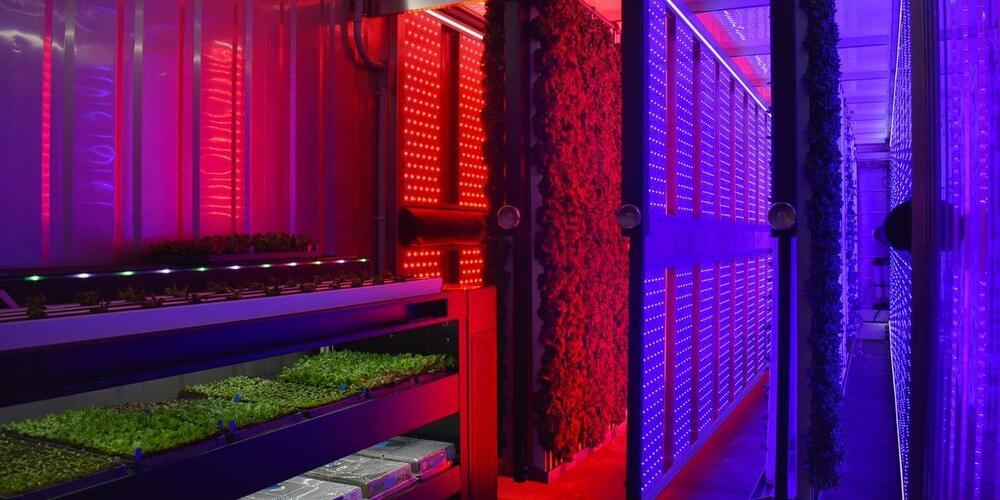
 Just about anywhere you look,
Just about anywhere you look, 







